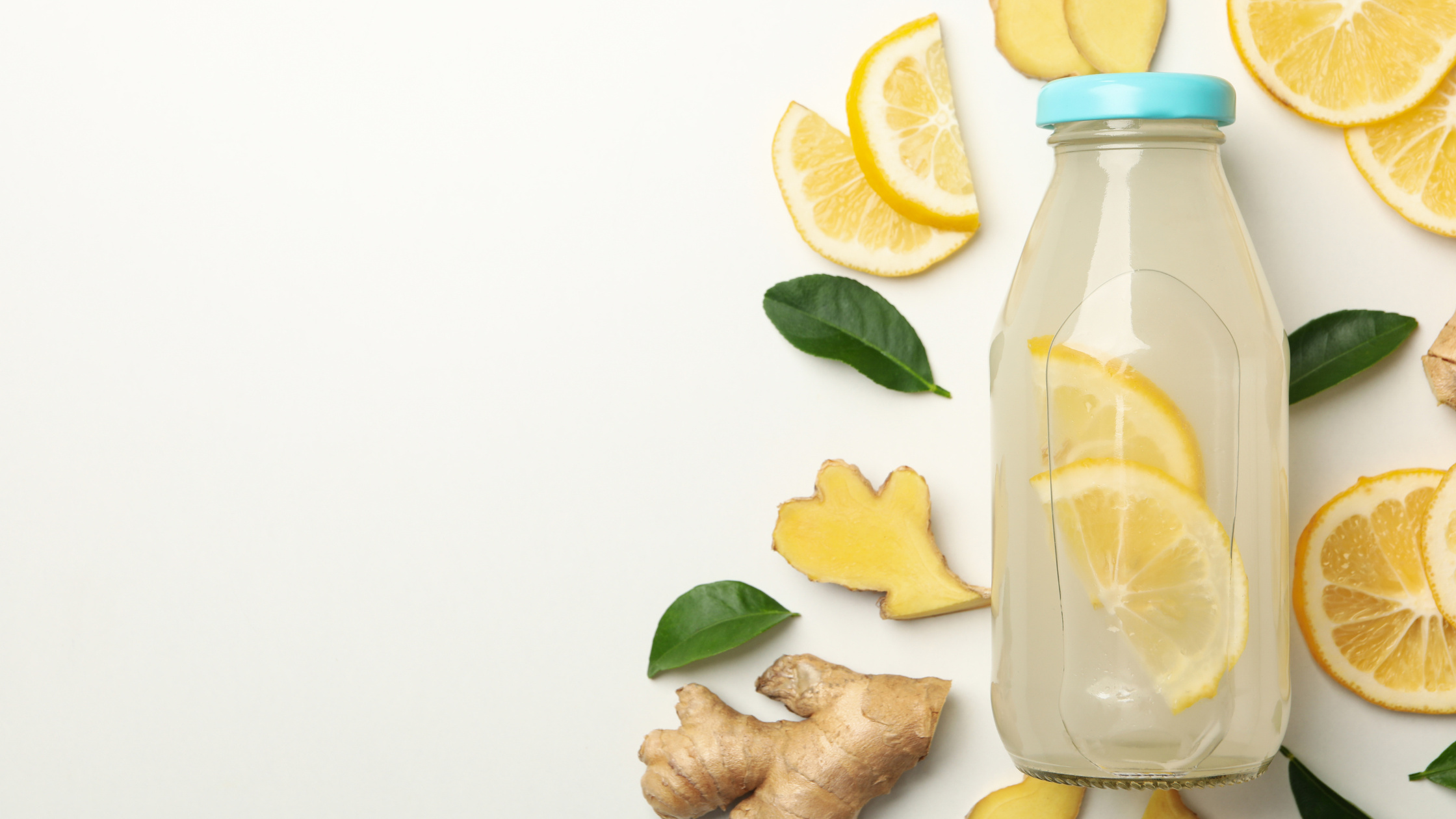
by Natasha Turner
Go All-in for Apple Cider Vinegar (ACV)! According to a 2005 study in the European Journal of Clinical Nutrition, vinegar blunts blood sugar, and insulin increases and creates the sensation of fullness after a high-carbohydrate meal. The study, conducted at the Department of Nutrition at Arizona State University, found improved glucose and insulin profiles following meals that started with a vinegar drink.
Today, our diets, which are high in fat and carbs or sugars, coupled with the detrimental effects of chronic stress, are the critical factors driving chronic diseases, including diabetes, obesity, cardiovascular disease, and neurodegenerative disorders like Alzheimer’s.
I just shared the multiple benefits of ACV for weight loss and diabetes. However, recent research has tried to gauge the effectiveness of ACV against neurological complications in comparison with synthetic chrysin (a flavonoid also found in high levels in propolis and honey), and an anti-Alzheimer’s drug called Rivastigmine. The team found that all cellular, biochemical, behavioural, and cellular pathology data revealed that ACV had high antioxidant potential.
So, perhaps even more promising, then, are these results, published in the Journal of Food Biochemistry (October 2020), which found ACV showed better antioxidant and neuroprotection potential than chrysin and Rivastigmine.
Results reported in Natural Product Research (March 2019) proved the unequivocal antimicrobial activity of ACV when taken at full strength. It is also very effective against Candida infections in the teeth as well as denture stomatitis.
Lap Up Lemon Juice
Lapping up lemon juice sounds easy, and I giggled when I came up with this line because, really, who would lap up sour juice? The theory behind why it works, however, has a much more complicated name. From the journal Food and Function (October 2018), it’s referred to as “the salivary alpha-amylase inhibition hypothesis,” which proposes that the glycemic response to such starch-rich foods as breads or pastas is reduced by the presence of an acid. Amylase is the enzyme that breaks down starches, so it if is blocked, less starch will be converted into sugar and absorbed into the bloodstream following the meal.
This group chose to test the hypothesis in an attempt to expand on the work from a number of previous studies that reported the glycemic response can be reduced by 20 to 50 percent with acidic drinks or foods. The lucky participants in the study got to eat plenty of pasta, bread, or gluten-free pasta, and then down water or lemon juice after they cleaned their plates. The results are part of the reason I am sure my sister is so skinny—she puts lemon juice on everything! In the presence of water, 25 to 85 percent of the starch and 15 to 50 percent of oligosaccharides (a type of carbohydrate that has three to 10 simple sugars bound together) were released within the first hour of digestion. In the presence of lemon juice, however, starch release was about half that seen in the water group, and the conversion of starch into oligosaccharides was completely interrupted.
Another study, from Food Chemistry (November 2019), compared the impact of different beverages and condiments on alpha-amylase, including coffees, teas, wines, vinegars, and lemon juice. They found inhibition ranged from 10 percent to 100 percent. Black tea had only a limited effect, at a 20 percent reduction as compared to water. Lemon juice had a remarkable effect, as they found it completely interrupted digestion of the starch into sugars by salivary amylase via preliminary acidification of gastric contents—“preliminary” means they drank the lemon juice first if I interpret this correctly. Either way, before or after, it appears to be a good thing. The studies are conclusive, according to the European Journal of Nutrition(March 2020): lowering the pH of a meal slows down starch digestion by inhibiting salivary alpha-amylase, and this happens with lemon juice, vinegars and other acidic foods. The authors go on to say that including acidic beverages or foods in starchy meals appears to be a simple and effective strategy to reduce the glycemic impact—and I agree. It’s part of the reason I came up with the Supercharged Hormone Diet Detox Water made of lemon, ginger, cayenne and water. This has evolved into the Protein Plan Metabolic Elixir:
• juice of half a lemon (I prefer Meyer lemons for juices)
• as much sliced ginger root as you like
• as much organic apple cider vinegar as you like
• pinch of cayenne pepper (optional)
• reverse-osmosis water (preferably), boiled
I drink this mixture after my solid food meals of the day. I often use the same ginger for a day or two, since it softens more with the soak in acidic water.